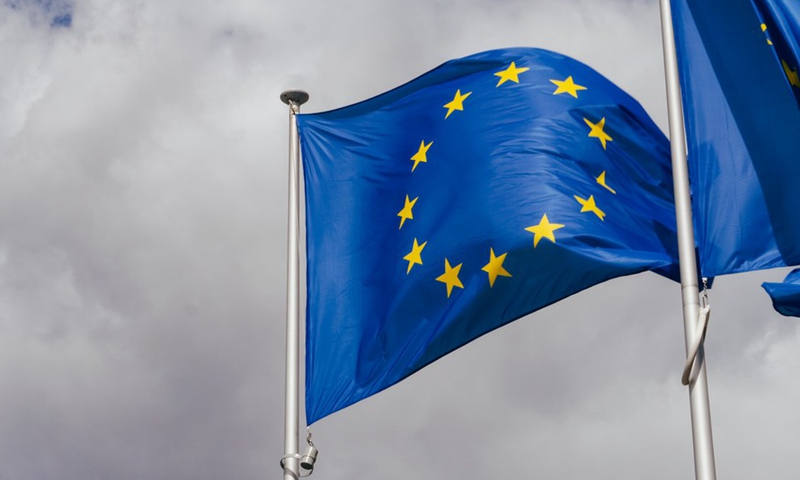· Applies to EU and non-EU companies with a turnover over 150 million euro and smaller companies in sectors such as manufacture of textiles, agriculture, mineral resources and construction
· A civil liability regime for damages
· Penalties include naming and shaming and fines of up to no less than 5% of net worldwide turnover
Parliament and Council negotiators agreed on new rules obliging firms to integrate their human rights and environmental impact into their management systems.
The new directive on corporate sustainability due diligence, informally agreed by EU co-legislators on Thursday, sets obligations for companies to mitigate their negative impact on human rights and the environment such as child labour, slavery, labour exploitation, pollution, deforestation, excessive water consumption or damage to ecosystems.
They will have to integrate so called “due diligence” into their policies and risk-management systems, including descriptions of their approach, processes and code of conduct. Firms, including financial sector, will also have to adopt a plan ensuring their business model complies with limiting global warming to 1.5°C. MEPs ensured that the management of companies with over 1000 employees will receive financial benefits for implementing the plan.
Rules applicable to big companies and those in high-risk sectors
The legislation will apply to EU companies and parent companies over 500 employees and a worldwide turnover higher than 150 million euro. The obligations will also apply to companies with over 250 employees and with a turnover of more than 40 million euro if at least 20 million are generated in one of the following sectors: manufacture and wholesale trade of textiles, clothing and footwear, agriculture including forestry and fisheries, manufacture of food and trade of raw agricultural materials, extraction and wholesale trade of mineral resources or manufacture of related products and construction. It will also apply to non-EU companies and parent companies with equivalent turnover in the EU.
Companies will have to identify, assess, prevent, mitigate, bring to an end to and remedy their negative impact and that of their upstream and downstream partners, including production, supply, transport and storage, design and distribution on people and the planet. To do so, they will be required to make investments, seek contractual assurances from the partners, improve their business plan or provide support to their partners from small and medium-sized enterprises.
“This law is a historic breakthrough. Companies are now responsible for potential abuses in their value chain, ten years after the Rana Plaza tragedy. Let this deal be a tribute to the victims of that disaster, and a starting point for shaping the economy of the future – one that puts the well-being of people and the planet before profits and short-termism. I am very grateful to those who joined me in the fight for this law. It ensures honest businesses do not have to participate in the race against cowboy companies,” lead MEP Lara Wolters (S&D, NL) said after the end of negotiations.
Next steps
The agreed draft law requires formal approval by the Legal Affairs Committee and the European Parliament as a whole, as well as by the Council (EU governments) before it can enter into force.



